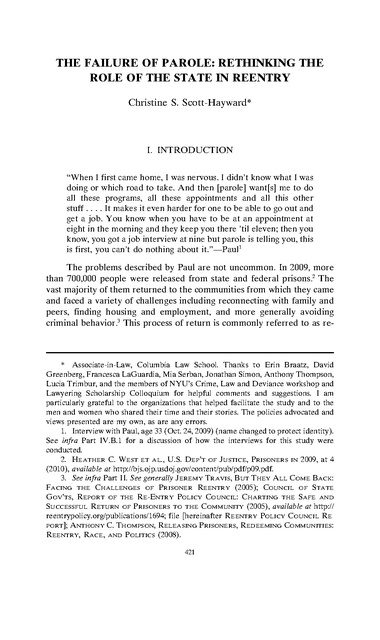
But I don't want to dwell on that point too much yet. Seems that the biasing factor there would be the message of "I'm awesome and deserve good things," as that could explain both believing the world is fair if things are going well and unfair if they aren't, rather than the just-world belief being the bias. So, rather than think you're a bad person, you reject the idea that the world is fair.

Placed in a simple example, if something bad happened to you, and you believe the world is a just place, that would mean you deserved that bad thing, because you're a bad person.

The more personal injustice one experiences (those that affect you personally in a negative way), the more one is likely to reject their belief in a just world, because, again, rejecting that belief when faced with contradictory evidence should maintain self-esteem. Their next point is that those who believe in a just world are less likely to have experienced injustice themselves. Notwithstanding the fact that "feeling good" isn't a plausible function, for whatever reason, the authors don't seem to suggest that believing the world to be unfair is a cognitive bias as well, which is worth keeping in the back of your mind.

The present research (Westfall, Millar, & Lovitt, 2018) took the following perspectives: First, believing in a just world (roughly that people get what they deserve and deserve what they get) is a cognitive bias that some people hold on to, because it makes them feel good.


 0 kommentar(er)
0 kommentar(er)
